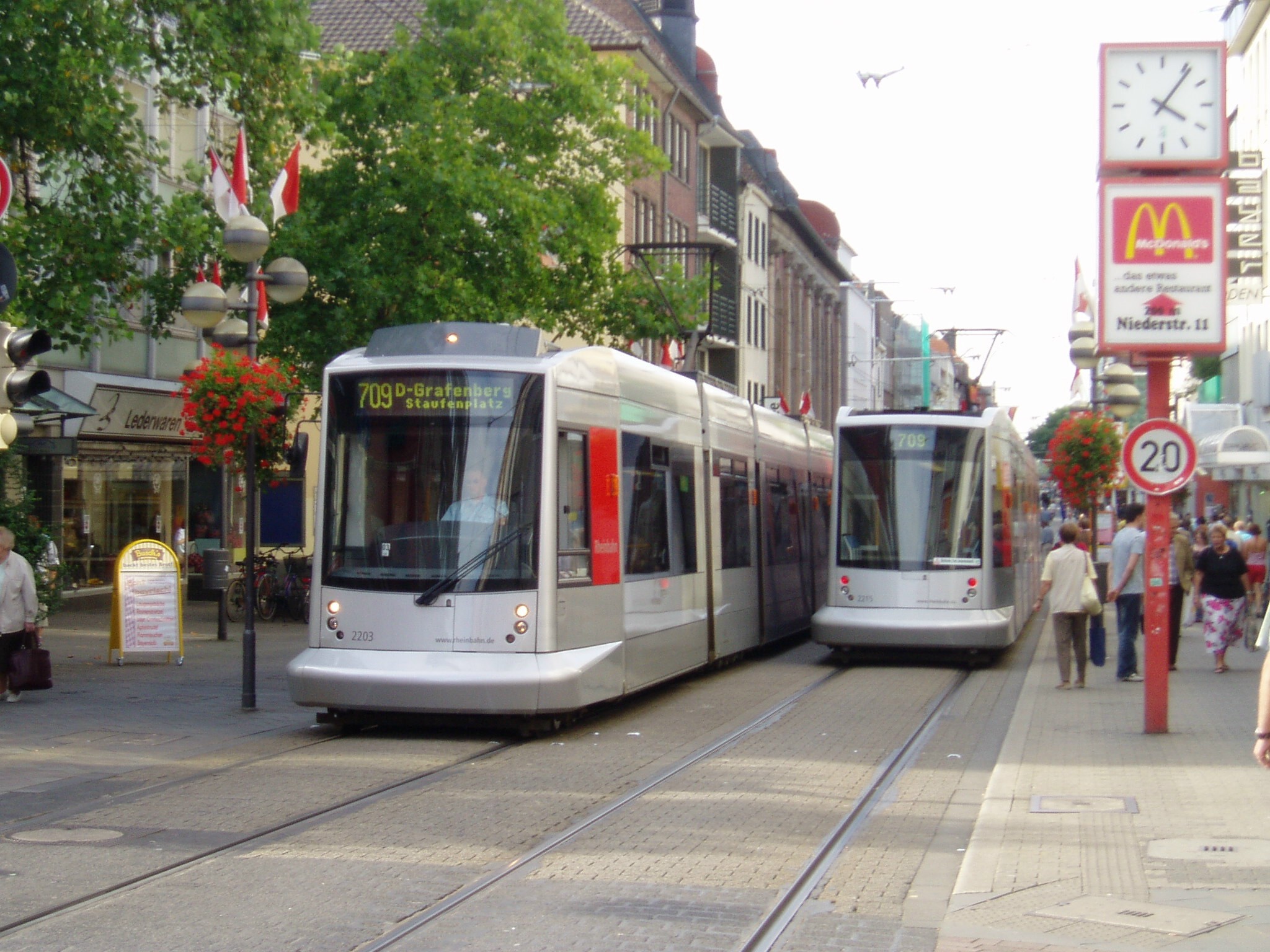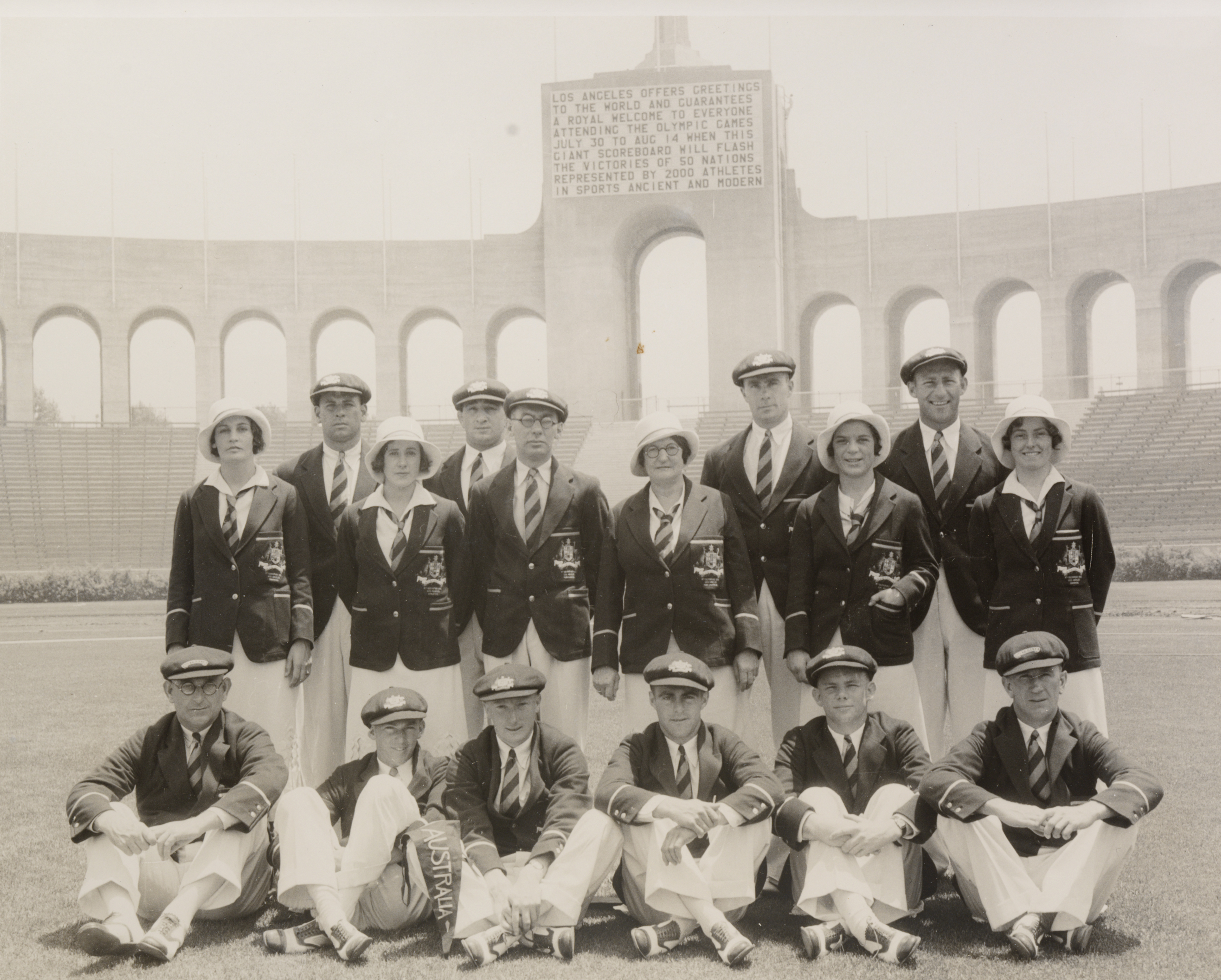|
Max Clarenbach
Max Clarenbach (19 May 1880 – 9 July 1952) was a German painter. His work was part of the art competitions at the 1928 Summer Olympics and the 1932 Summer Olympics. References External links * 1880 births 1952 deaths 20th-century German painters 20th-century German male artists German male painters Art competitors at the 1932 Summer Olympics People from Neuss Art competitors at the 1928 Summer Olympics {{Germany-painter-stub ... [...More Info...] [...Related Items...] OR: [Wikipedia] [Google] [Baidu] |
Painter
Painting is the practice of applying paint, pigment, color or other medium to a solid surface (called the "matrix" or "support"). The medium is commonly applied to the base with a brush, but other implements, such as knives, sponges, and airbrushes, can be used. In art, the term ''painting ''describes both the act and the result of the action (the final work is called "a painting"). The support for paintings includes such surfaces as walls, paper, canvas, wood, glass, lacquer, pottery, leaf, copper and concrete, and the painting may incorporate multiple other materials, including sand, clay, paper, plaster, gold leaf, and even whole objects. Painting is an important form in the visual arts, bringing in elements such as drawing, Composition (visual arts), composition, gesture (as in gestural painting), narrative, narration (as in narrative art), and abstraction (as in abstract art). Paintings can be naturalistic and representational (as in still life and landscape art, lands ... [...More Info...] [...Related Items...] OR: [Wikipedia] [Google] [Baidu] |
Neuss
Neuss (; spelled ''Neuß'' until 1968; li, Nüss ; la, Novaesium) is a city in North Rhine-Westphalia, Germany. It is located on the west bank of the Rhine opposite Düsseldorf. Neuss is the largest city within the Rhein-Kreis Neuss district. It is primarily known for its historic Roman sites, as well as the annual Neusser Bürger-Schützenfest. Neuss and Trier share the title of "Germany's oldest city"; and in 1984 Neuss celebrated the 2000th anniversary of its founding in 16 BCE. History Ancient Rome Neuss was founded by the Romans in 16 BC as a military fortification (''castrum'') with the current city to the north of the castrum, at the confluence of the rivers Rhine and Erft, with the name of Novaesium. Legio XVI Gallica ("Gallic 16th Legion") of the Roman army was stationed here in 43-70 AD. It was disbanded after surrendering during the Batavian rebellion (AD 70). Later a civil settlement was founded in the area of today's centre of the town during the 1st centur ... [...More Info...] [...Related Items...] OR: [Wikipedia] [Google] [Baidu] |
German Empire
The German Empire (),Herbert Tuttle wrote in September 1881 that the term "Reich" does not literally connote an empire as has been commonly assumed by English-speaking people. The term literally denotes an empire – particularly a hereditary empire led by an emperor, although has been used in German to denote the Roman Empire because it had a weak hereditary tradition. In the case of the German Empire, the official name was , which is properly translated as "German Empire" because the official position of head of state in the constitution of the German Empire was officially a "presidency" of a confederation of German states led by the King of Prussia who would assume "the title of German Emperor" as referring to the German people, but was not emperor of Germany as in an emperor of a state. –The German Empire" ''Harper's New Monthly Magazine''. vol. 63, issue 376, pp. 591–603; here p. 593. also referred to as Imperial Germany, the Second Reich, as well as simply Germany, ... [...More Info...] [...Related Items...] OR: [Wikipedia] [Google] [Baidu] |
Wittlaer
Wittlaer is an urban quarter of Düsseldorf, part of Borough 5. It borders Stockum, Kalkum, Angermund, and the city of Duisburg. It is close to Düsseldorf Airport. Wittlaer has the lowest point in Düsseldorf, where the Schwarzbach flows into the river Rhine ), Surselva, Graubünden, Switzerland , source1_coordinates= , source1_elevation = , source2 = Rein Posteriur/Hinterrhein , source2_location = Paradies Glacier, Graubünden, Switzerland , source2_coordinates= , so .... It is 28 m above sea level. It has an area of , and 8,117 inhabitants (2020). The history of Wittlaer started at latest in the 12th century. For a long time it was an agricultural settlement. After World War II, Wittlaer grew as a suburb of Düsseldorf and Duisburg. In 1975, Wittlaer became a part of Düsseldorf. The most prominent sight of Wittlaer is the Catholic Church St. Remigius, dating from the 13th century. Wittlaer is connected to the airport by road and bus li ... [...More Info...] [...Related Items...] OR: [Wikipedia] [Google] [Baidu] |
Düsseldorf
Düsseldorf ( , , ; often in English sources; Low Franconian and Ripuarian: ''Düsseldörp'' ; archaic nl, Dusseldorp ) is the capital city of North Rhine-Westphalia, the most populous state of Germany. It is the second-largest city in the state and the seventh-largest city in Germany, with a population of 617,280. Düsseldorf is located at the confluence of two rivers: the Rhine and the Düssel, a small tributary. The ''-dorf'' suffix means "village" in German (English cognate: ''thorp''); its use is unusual for a settlement as large as Düsseldorf. Most of the city lies on the right bank of the Rhine. Düsseldorf lies in the centre of both the Rhine-Ruhr and the Rhineland Metropolitan Region. It neighbours the Cologne Bonn Region to the south and the Ruhr to the north. It is the largest city in the German Low Franconian dialect area (closely related to Dutch). Mercer's 2012 Quality of Living survey ranked Düsseldorf the sixth most livable city in the world. Düsse ... [...More Info...] [...Related Items...] OR: [Wikipedia] [Google] [Baidu] |
West Germany
West Germany is the colloquial term used to indicate the Federal Republic of Germany (FRG; german: Bundesrepublik Deutschland , BRD) between its formation on 23 May 1949 and the German reunification through the accession of East Germany on 3 October 1990. During the Cold War, the western portion of Germany and the associated territory of West Berlin were parts of the Western Bloc. West Germany was formed as a political entity during the Allied occupation of Germany after World War II, established from eleven states formed in the three Allied zones of occupation held by the United States, the United Kingdom, and France. The FRG's provisional capital was the city of Bonn, and the Cold War era country is retrospectively designated as the Bonn Republic. At the onset of the Cold War, Europe was divided between the Western and Eastern blocs. Germany was divided into the two countries. Initially, West Germany claimed an exclusive mandate for all of Germany, representing itself as t ... [...More Info...] [...Related Items...] OR: [Wikipedia] [Google] [Baidu] |
Painter
Painting is the practice of applying paint, pigment, color or other medium to a solid surface (called the "matrix" or "support"). The medium is commonly applied to the base with a brush, but other implements, such as knives, sponges, and airbrushes, can be used. In art, the term ''painting ''describes both the act and the result of the action (the final work is called "a painting"). The support for paintings includes such surfaces as walls, paper, canvas, wood, glass, lacquer, pottery, leaf, copper and concrete, and the painting may incorporate multiple other materials, including sand, clay, paper, plaster, gold leaf, and even whole objects. Painting is an important form in the visual arts, bringing in elements such as drawing, Composition (visual arts), composition, gesture (as in gestural painting), narrative, narration (as in narrative art), and abstraction (as in abstract art). Paintings can be naturalistic and representational (as in still life and landscape art, lands ... [...More Info...] [...Related Items...] OR: [Wikipedia] [Google] [Baidu] |
1928 Summer Olympics
The 1928 Summer Olympics ( nl, Olympische Zomerspelen 1928), officially known as the Games of the IX Olympiad ( nl, Spelen van de IXe Olympiade) and commonly known as Amsterdam 1928, was an international multi-sport event that was celebrated from 28 July to 12 August 1928 in Amsterdam, Netherlands. The city of Amsterdam had previously bid for the 1920 and 1924 Olympic Games, but was obliged to give way to war-torn Antwerp in Belgium for the 1920 Games and Pierre de Coubertin's Paris for the 1924 Games. The only other candidate city for the 1928 Olympics was Los Angeles, which would eventually be selected to host the Olympics four years later. In preparation for the 1932 Summer Olympics, the United States Olympic Committee reviewed the costs and revenue of the 1928 Games. The committee reported a total cost of US$1.183 million with receipts of US$1.165 million, giving a negligible loss of US$18,000, which was a considerable improvement over the 1924 Games. The United S ... [...More Info...] [...Related Items...] OR: [Wikipedia] [Google] [Baidu] |
1932 Summer Olympics
The 1932 Summer Olympics (officially the Games of the X Olympiad and also known as Los Angeles 1932) were an international multi-sport event held from July 30 to August 14, 1932 in Los Angeles, California, United States. The Games were held during the worldwide Great Depression, with some nations not traveling to Los Angeles; 37 nations competed, compared to the 46 in the 1928 Games in Amsterdam, and then-U.S. President Herbert Hoover did not attend the Games. The organizing committee did not report the financial details of the Games, although contemporary newspapers claimed that the Games had made a profit of US$1,000,000. Host city selection The selection of the host city for the 1932 Summer Olympics was made at the 23rd IOC Session in Rome, Italy, on 9 April 1923. Remarkably, the selection process consisted of a single bid, from Los Angeles, and as there were no bids from any other city, Los Angeles was selected by default to host the 1932 Games. Highlights *Charles Cu ... [...More Info...] [...Related Items...] OR: [Wikipedia] [Google] [Baidu] |
1880 Births
Year 188 (CLXXXVIII) was a leap year starting on Monday of the Julian calendar. At the time, it was known in the Roman Empire as the Year of the Consulship of Fuscianus and Silanus (or, less frequently, year 941 ''Ab urbe condita''). The denomination 188 for this year has been used since the early medieval period, when the Anno Domini calendar era became the prevalent method in Europe for naming years. Events By place Roman Empire * Publius Helvius Pertinax becomes pro-consul of Africa from 188 to 189. Japan * Queen Himiko (or Shingi Waō) begins her reign in Japan (until 248). Births * April 4 – Caracalla (or Antoninus), Roman emperor (d. 217) * Lu Ji (or Gongji), Chinese official and politician (d. 219) * Sun Shao, Chinese general of the Eastern Wu state (d. 241) Deaths * March 17 – Julian, pope and patriarch of Alexandria * Fa Zhen (or Gaoqing), Chinese scholar (b. AD 100) * Lucius Antistius Burrus, Roman politician (executed) * Ma Xiang, Chin ... [...More Info...] [...Related Items...] OR: [Wikipedia] [Google] [Baidu] |
1952 Deaths
Year 195 ( CXCV) was a common year starting on Wednesday (link will display the full calendar) of the Julian calendar. At the time, it was known as the Year of the Consulship of Scrapula and Clemens (or, less frequently, year 948 ''Ab urbe condita''). The denomination 195 for this year has been used since the early medieval period, when the Anno Domini calendar era became the prevalent method in Europe for naming years. Events By place Roman Empire * Emperor Septimius Severus has the Roman Senate deify the previous emperor Commodus, in an attempt to gain favor with the family of Marcus Aurelius. * King Vologases V and other eastern princes support the claims of Pescennius Niger. The Roman province of Mesopotamia rises in revolt with Parthian support. Severus marches to Mesopotamia to battle the Parthians. * The Roman province of Syria is divided and the role of Antioch Antioch on the Orontes (; grc-gre, Ἀντιόχεια ἡ ἐπὶ Ὀρόντου, ''Antiókhei ... [...More Info...] [...Related Items...] OR: [Wikipedia] [Google] [Baidu] |





